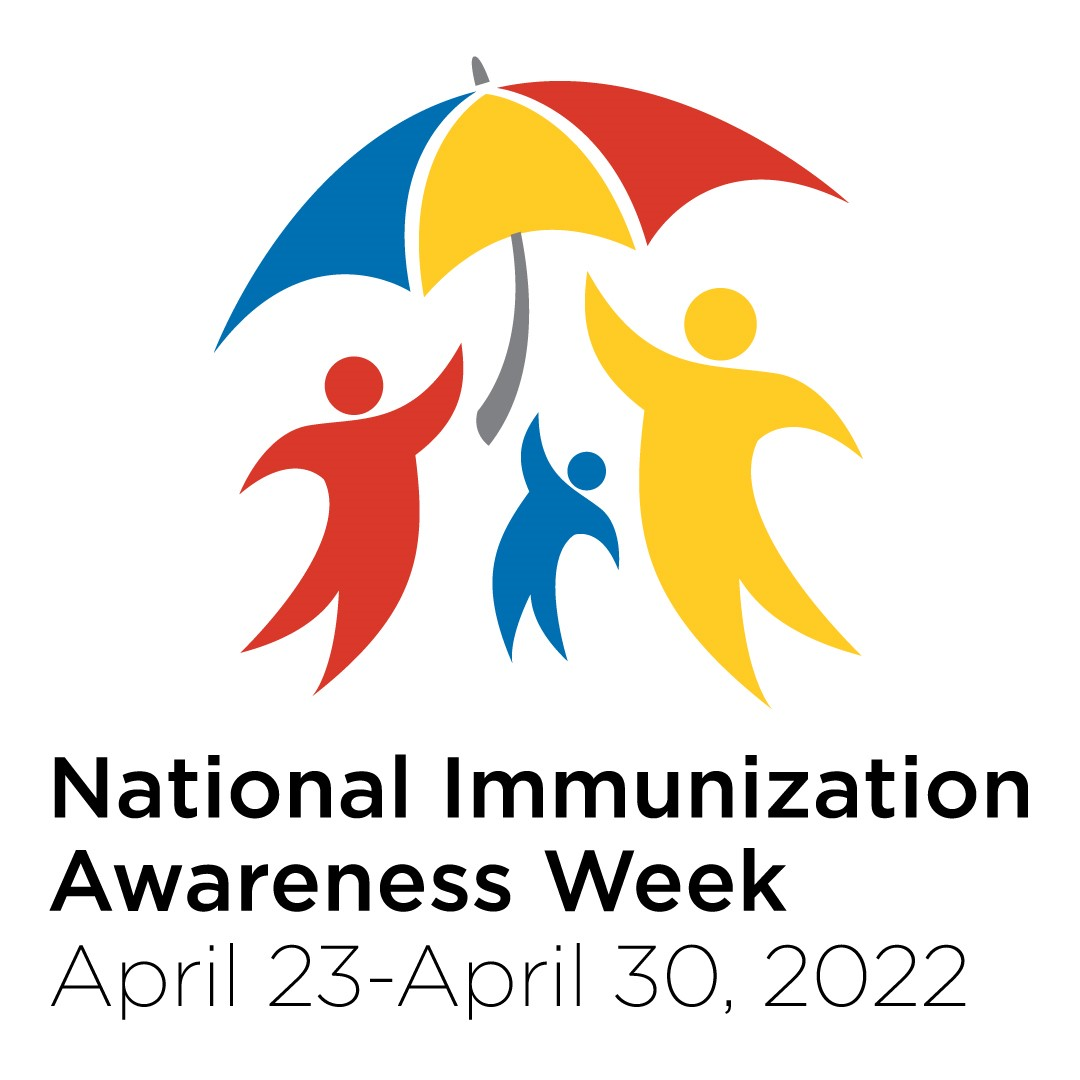Important Facts For Prelims
World Immunization Week 2022
- 27 Apr 2022
- 5 min read
Why in News?
Recently, World Immunization Week 2022 was celebrated from 24th to 30th April 2022.
- The theme of 2022 is Long Life for All and it aims to unify people around the idea that vaccines make it possible for us to follow our dreams, protect our loved ones and live a long, healthy life.
What is World Immunization Week?
- World Immunization Week is a health campaign coordinated by the World Health Organization (WHO) and celebrated in the last week of April, every year.
- It aims to promote the use of vaccines to protect people of all ages against disease.
- Immunization saves millions of lives and is widely recognized as one of the world’s most successful and cost-effective health interventions.
- Yet, there are still nearly 20 million unvaccinated and under-vaccinated children in the world today.
Why Does Immunization Matter Now More Than Ever?
- For over 200 years, vaccines have protected us against diseases that threaten lives and prohibit our development.
- For more than two centuries, vaccines have helped keep people healthy—from the very first vaccine developed to protect against smallpox to the newest vaccines used to prevent severe cases of Covid-19.
- With their help, we can progress without the burden of diseases like smallpox and polio, which cost humanity hundreds of millions of lives.
- Vaccines themselves continue to advance, bringing us closer to a world free from the likes of tuberculosis and cervical cancer, and ending suffering from childhood diseases like tetanus and measles.
How does Vaccine Work?
- Vaccines train the immune system to create antibodies, just as it does when it’s exposed to a disease.
- This is because vaccines contain only killed or weakened forms of germs, they do not cause the disease or put you at risk of its complications.
- Vaccines are given at different ages, from birth to childhood and to maintain this record a vaccination card is given.
- It is important to make sure that all these vaccines are up to date.
- Children can safely be given combined vaccinations (e.g., for diphtheria, pertussis and tetanus) — it means fewer injections and reduced discomfort for the child.
- Vaccines can cause mild side effects, such as a low-grade fever, pain or redness at the injection site. Mild reactions go away within a few days on their own.
- Severe or long-lasting side effects are extremely rare.
- Vaccines can safely be given during any mild illnesses. But children with moderate or severe illness with or without fever may need to wait until they are better to get the dose.
What are recent Immunization Initiatives in India?
UPSC Civil Services Examination Previous Year Questions (PYQs)
Q. With reference to recent developments regarding ‘Recombinant Vector Vaccines’, consider the following statements:
- Genetic engineering is applied in the development of these vaccines.
- Bacteria and viruses are used as vectors.
Which of the statements given above is/are correct?
(a) 1 only
(b) 2 only
(c) Both 1 and 2
(d) Neither 1 nor 2
Ans: (c)
Explanation:
- Recombinant vector vaccines are made through genetic engineering. The gene that creates the protein for a bacteria or virus is isolated and placed inside another cell’s genes. When that cell reproduces, it produces vaccine proteins that mean the immune system will recognize the protein and protect the body against it.







